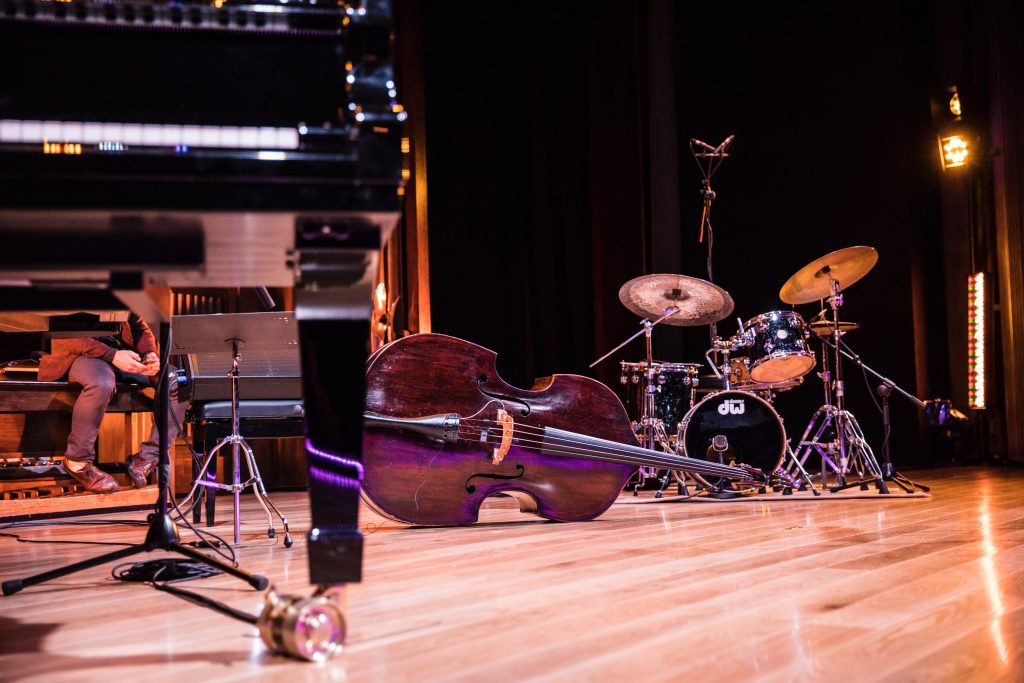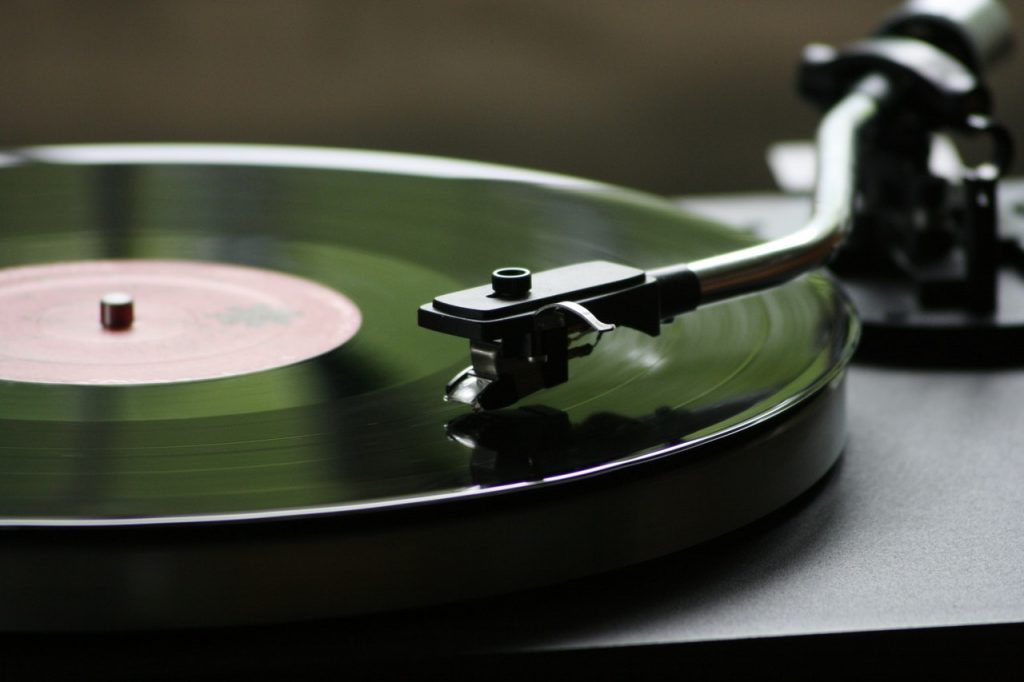When teaching improvisation, so much of the focus goes into harmony. Which chord tones sound best? How can we connect one chord to the next? How many ii-V-I licks can you come up with? Can you learn those licks in all twelve keys? We can spend so much time and effort addressing harmonic approaches that we sometimes lose sight of other very important aspects of improvising, notably playing melodically and expressively.
Beyond Harmony: The Many Benefits of Transcriptions
One common practice for both working jazz musicians and jazz students alike is to transcribe solos. Transcriptions can be very beneficial. Most commonly, students are told that transcriptions are helpful in that they help develop harmonic knowledge. To be sure, learning how great soloists negotiate harmony is very important and beneficial to our students’ improvising. If we think about transcription simply as a means to develop harmonic language, though, we’re really selling the process short.

